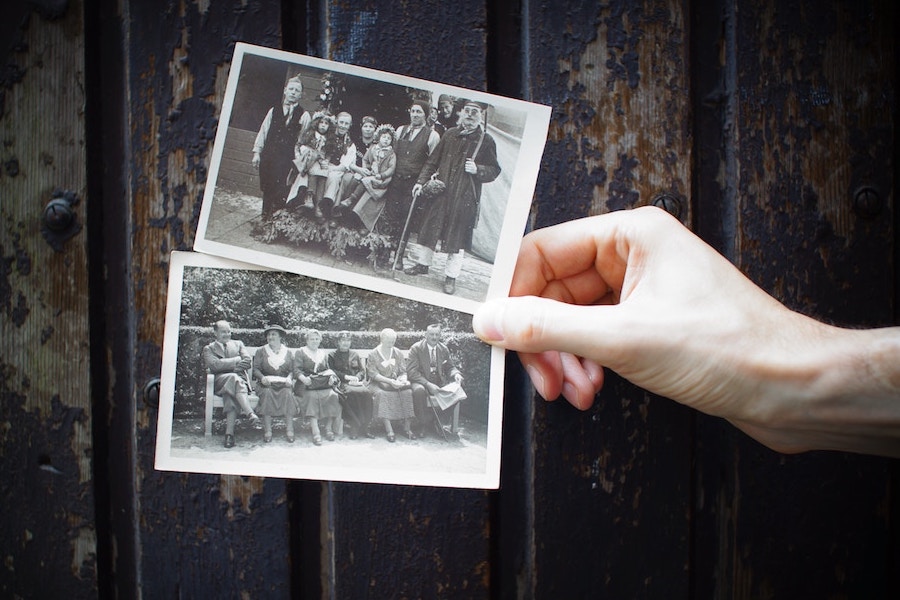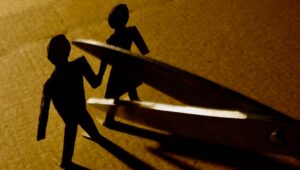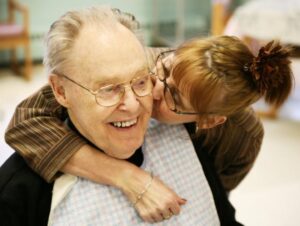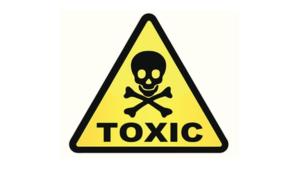
It is well-established that dysfunctional families create some very unhealthy roles for its participants.
It is beyond doubt that early childhood trauma and its wounding effects are carried well into adulthood for the remainder of one’s life.
I venture to say that most “street people” are there as a result of being the victims of a dysfunctional family that cause them to live a life of drug or alcohol addiction and various forms of antisocial behavior.
The dysfunctional family itself may be affected from a range of afflictions such as mental illness, drug or alcohol dependency, extremely poor parenting skills and many other factors that give rise to a range of conflict, neglect, manipulation and abuse of all sorts.
Some of the basic roles of personal behavior that arise from the dysfunctional family may be categorized according to the list below (though not exhaustive).
Common roles within dysfunctional families:
1. The Loser
The loser is often identified by one or both parents at an early age, and the label may stick for the remainder of the child’s life. The loser typically has difficulty in school for a variety of reasons, and likely will have difficulty in obtaining and maintaining employment.
Losers seem to impulsively get into trouble, and may even develop various personality disorders or mental illnesses which may be more extreme than would normally have been expected if he or she had roots in a “normal” and not dysfunctional family. The loser often chooses a series of inappropriate partners who have their own serious problems and are dysfunctional in their own particular way.
The loser is typically criticized throughout his or her life by their parents and likely also their siblings. The loser may become dependent or try and become dependent for financial assistance and emotional help from his or her parents, and in certain circumstances end up living with their parents throughout their adult life.
2. The Good Son and Dutiful Daughter
The “good son and the dutiful daughter” always do the right thing for which they receive laudatory acknowledgment and compliments, but invariably their self-sacrifice comes at great cost to their own happiness and personal development.
These individuals have always been “perfect” in the sense they did well in school, never got in trouble, always did what they were told, and went the extra mile to please their parents. They often end up selfless caretakers for their parents at the expense of their own partners and family.
They become the fixers for the family’s problems, and while they appear to be extremely self sufficient, they are often sad and unfulfilled individuals.
3. The Escapists
The escapists simply always wants to never be around the family and becomes deeply involved in virtually any activity to an extreme, so as to avoid being around the home and its conflict.
Escapists typically leave home early and may move far away from their family and remain distant. While they can physically remove themselves from the dysfunctional family turmoil, they cannot escape the anger and hurt that dwells within them.
Their denial of their feelings develops early in childhood and may well continue into their own adult lives, so as to deny adult emotional intimacy. They typically fail to connect on a deep personal level with friends and partners.
4. The Rebel
We all know a rebel-they are easily identifiable at a very young age. They are the ones who are sent to the office in elementary school and likely suspended from high school. They may be involved with drugs, gang life, early pregnancy, and have an attitude that “rules are to be broken and ignored”.
They are the “bad girls and bad boys” who are acting out and often self-destructive behavior, bullying, or simply a caustic attitude.
Rebels are often scapegoated by the family as their behavior often warrants negative attention in negative affection. While other rebels may look up to them and acknowledge them as peers, they internally often feel empty and unworthy long into adulthood.




